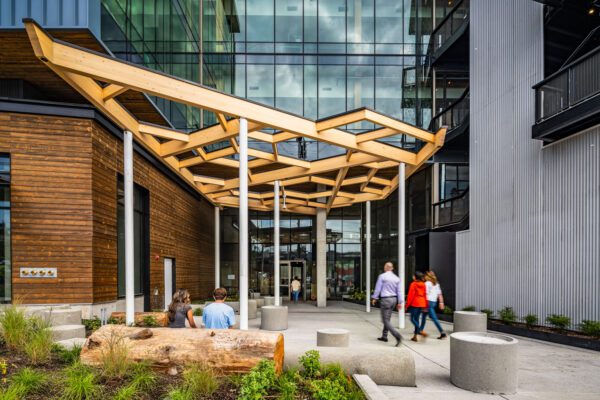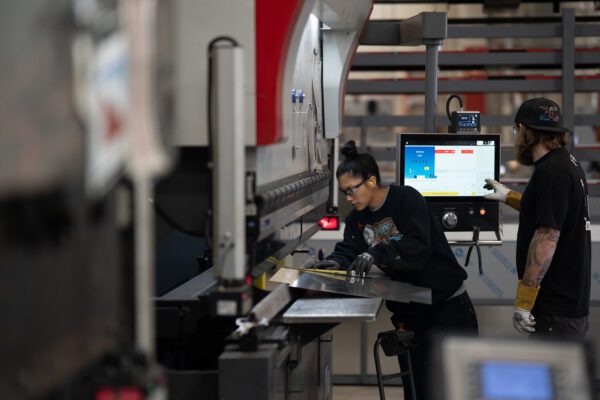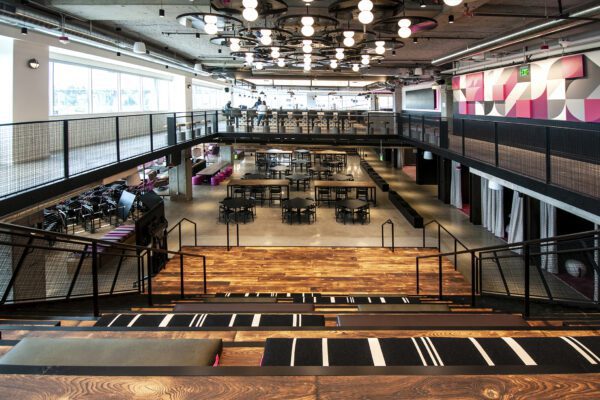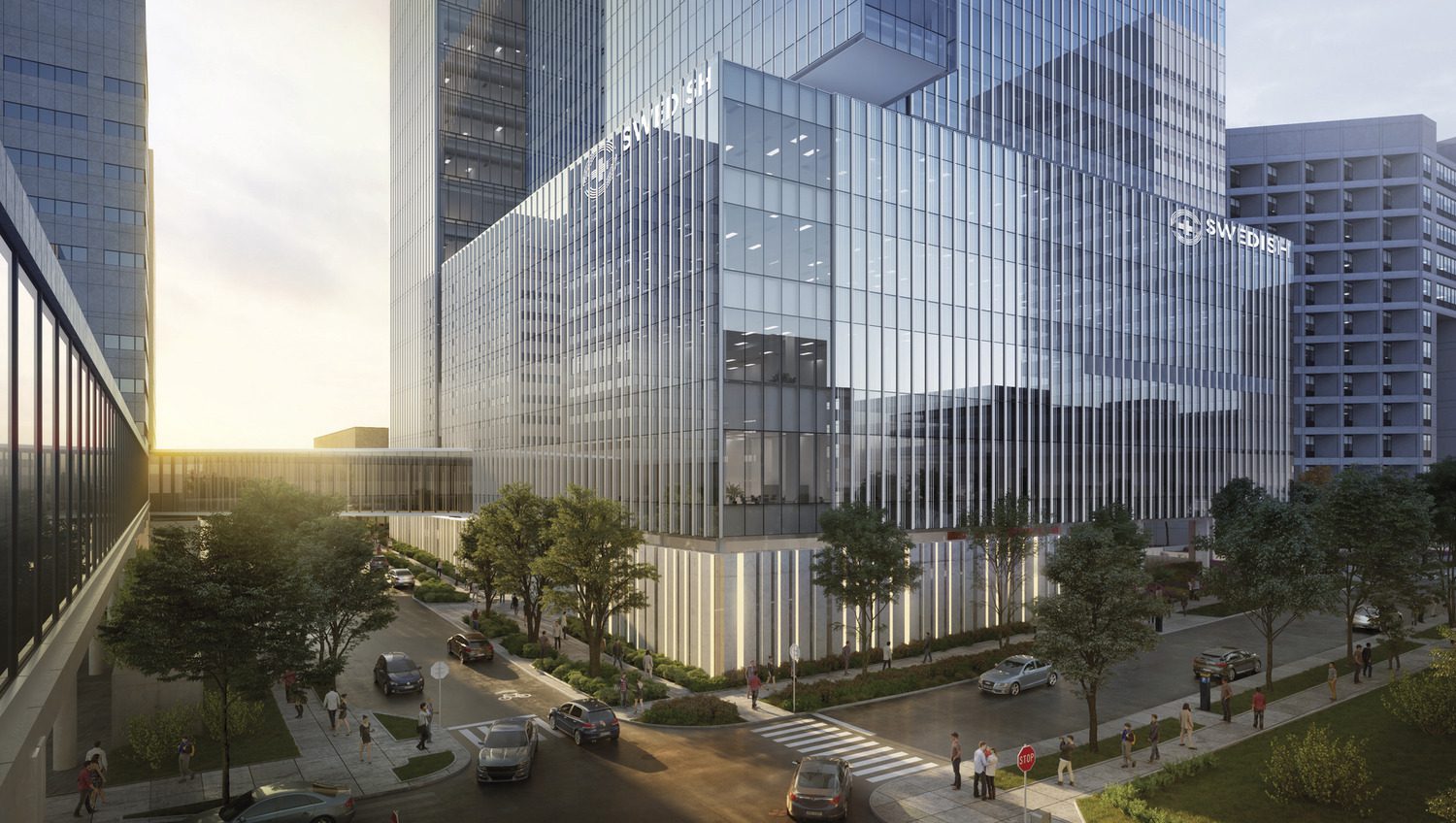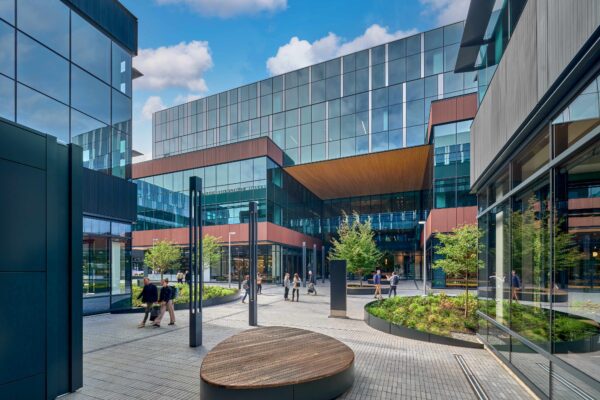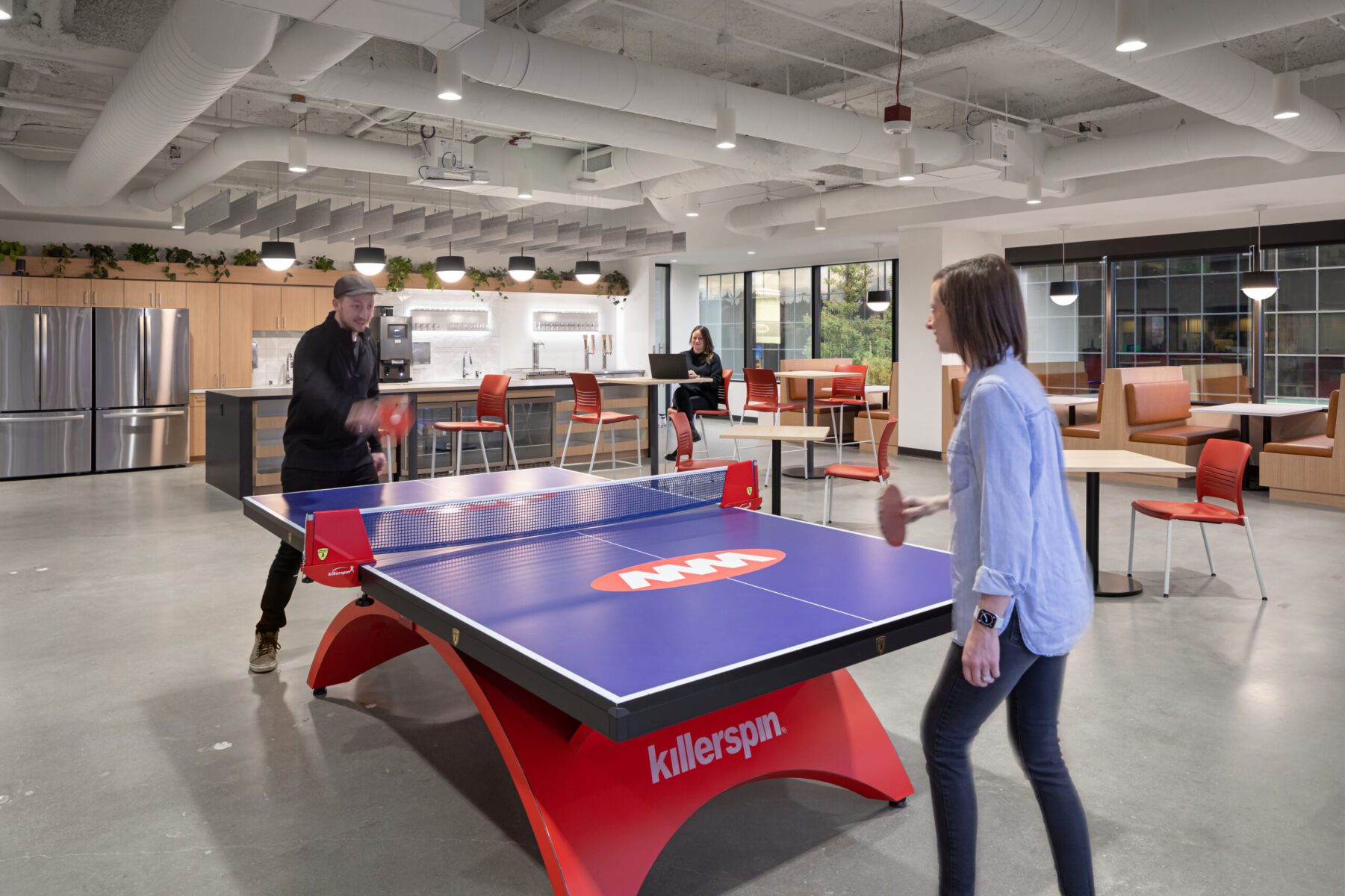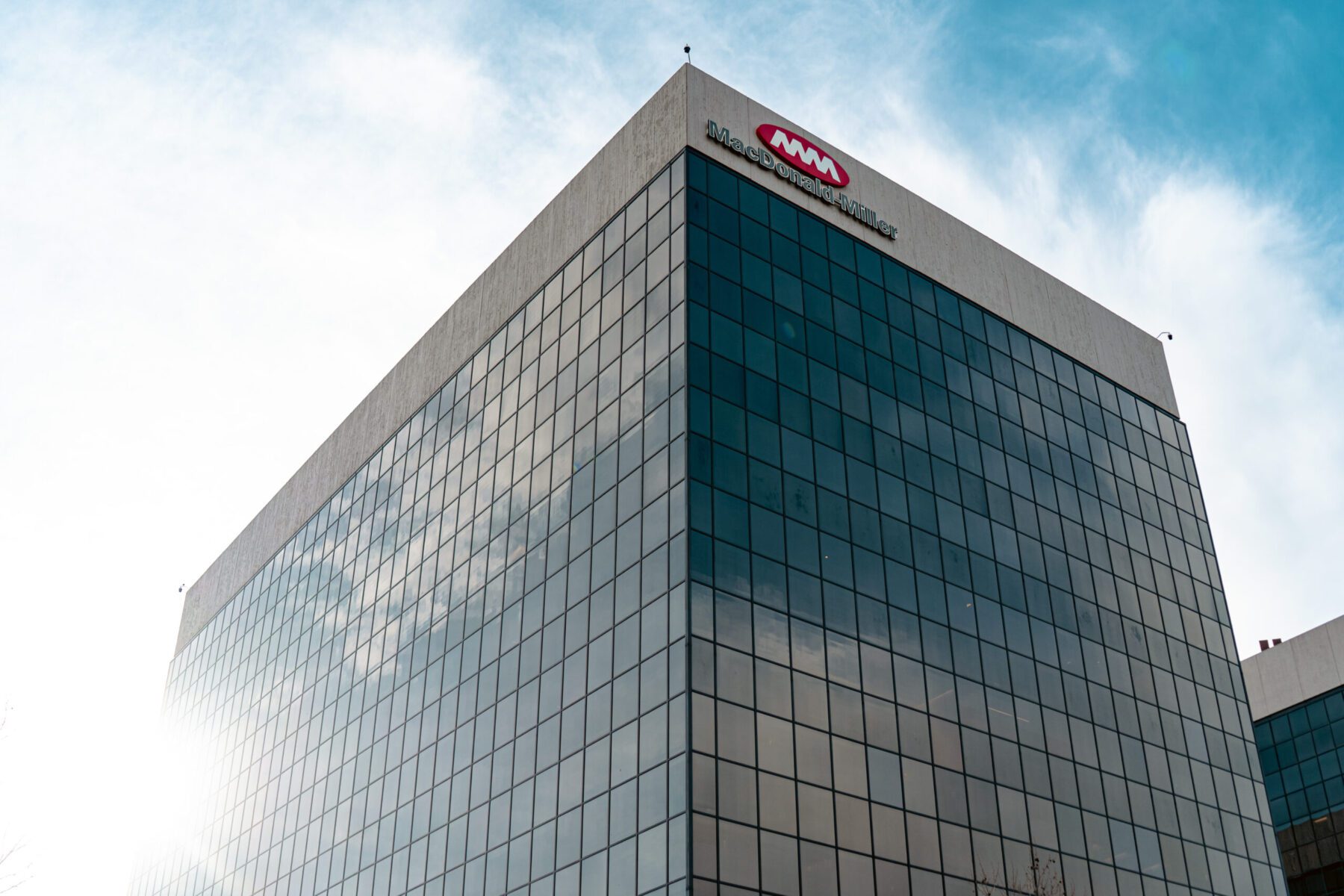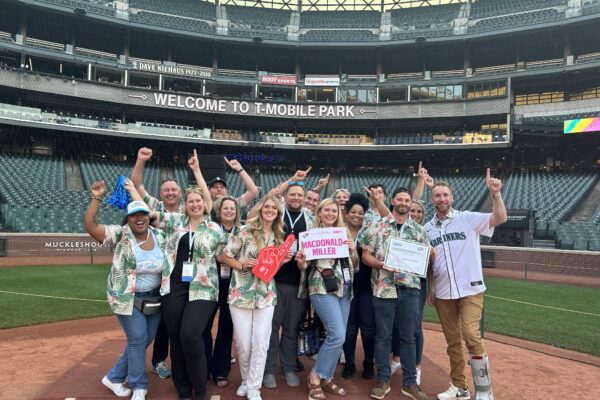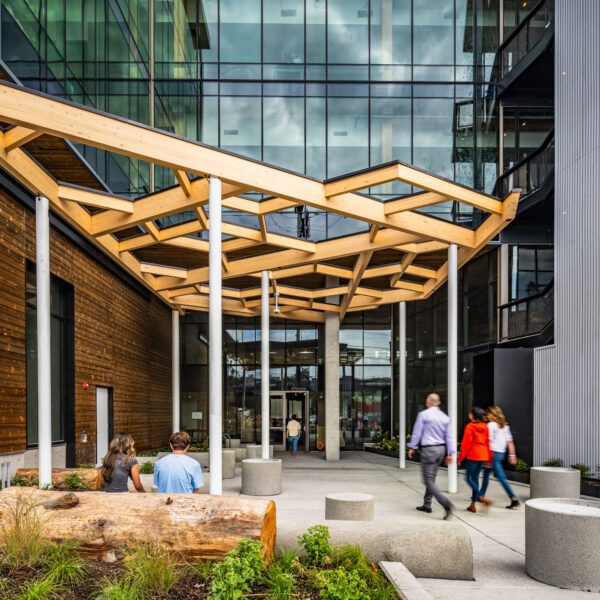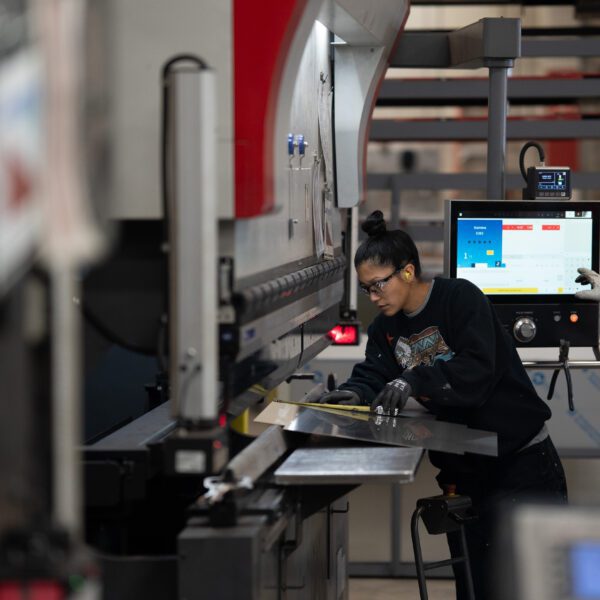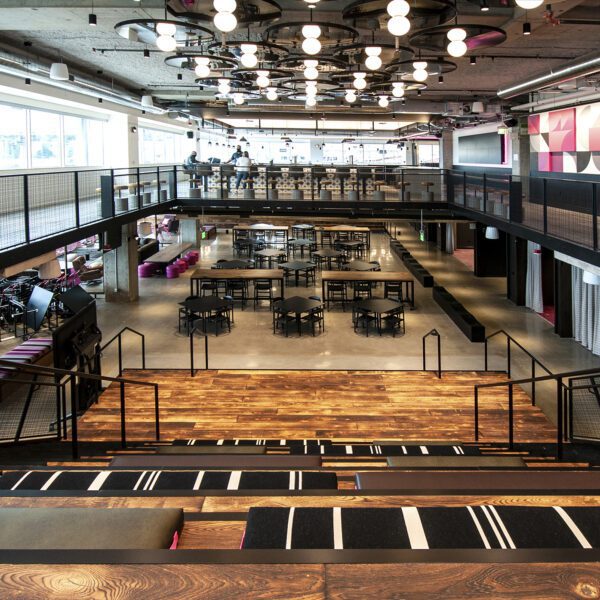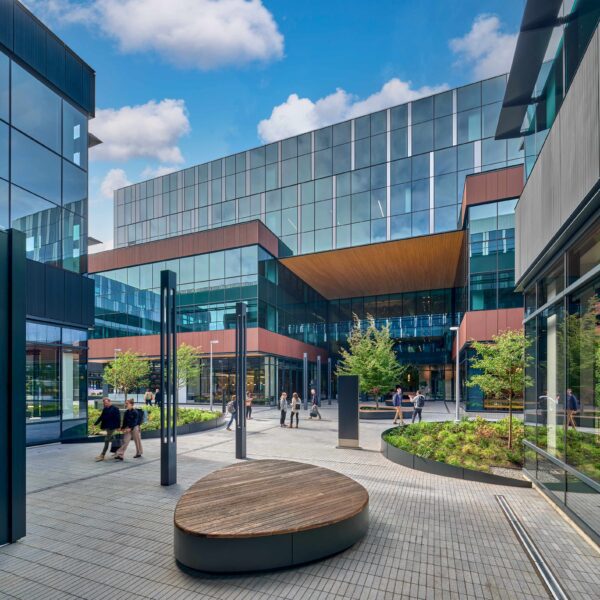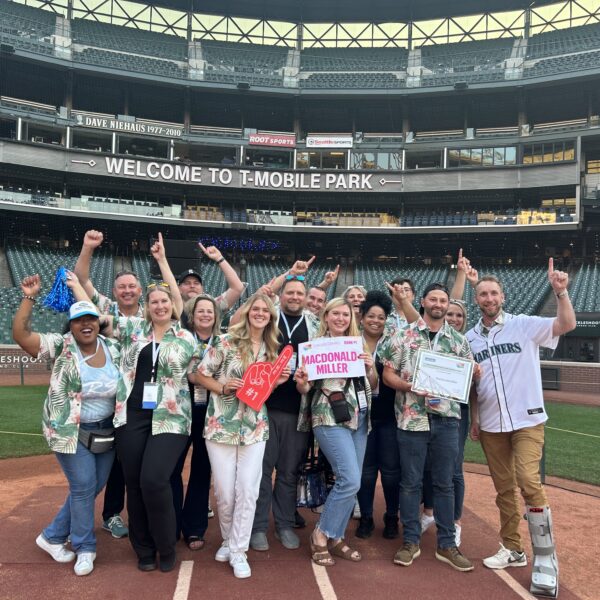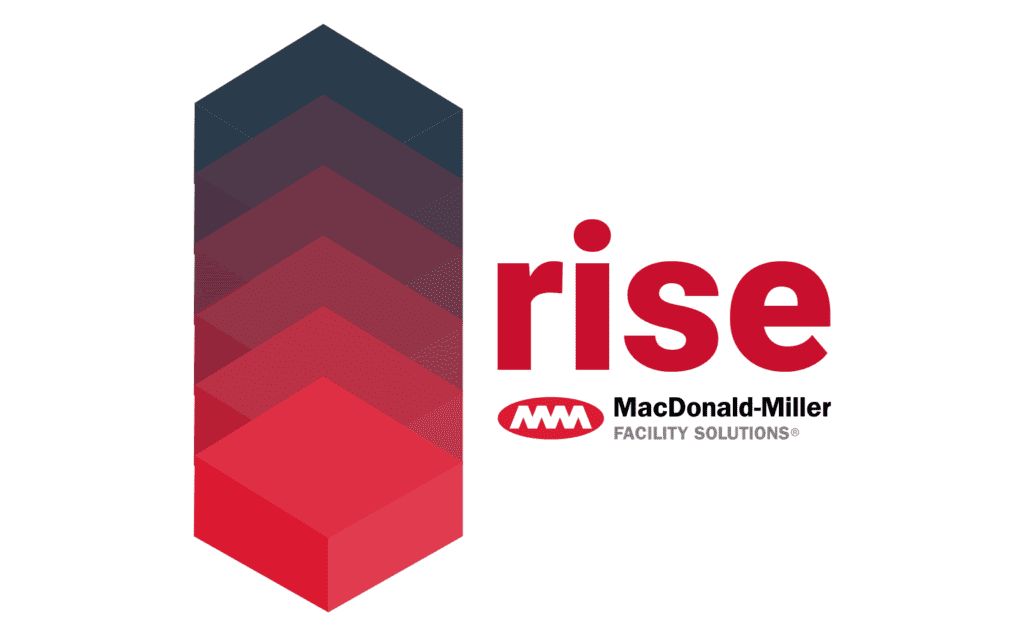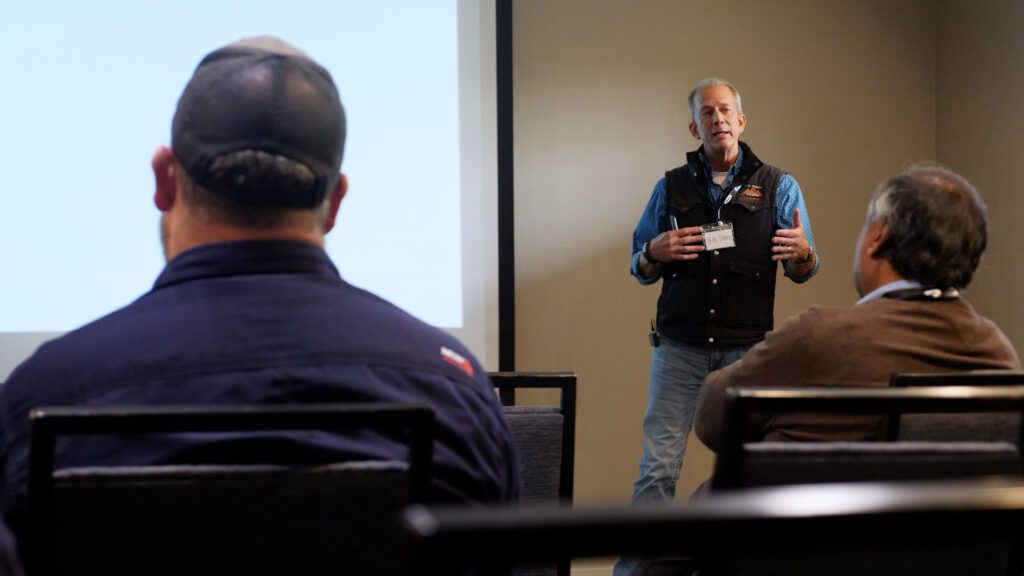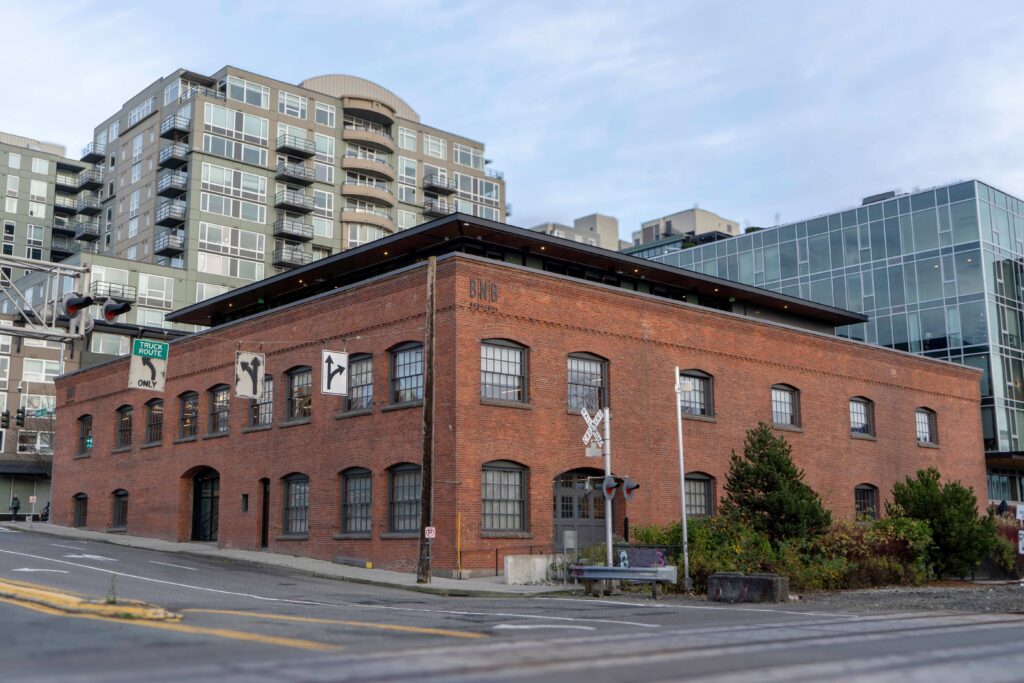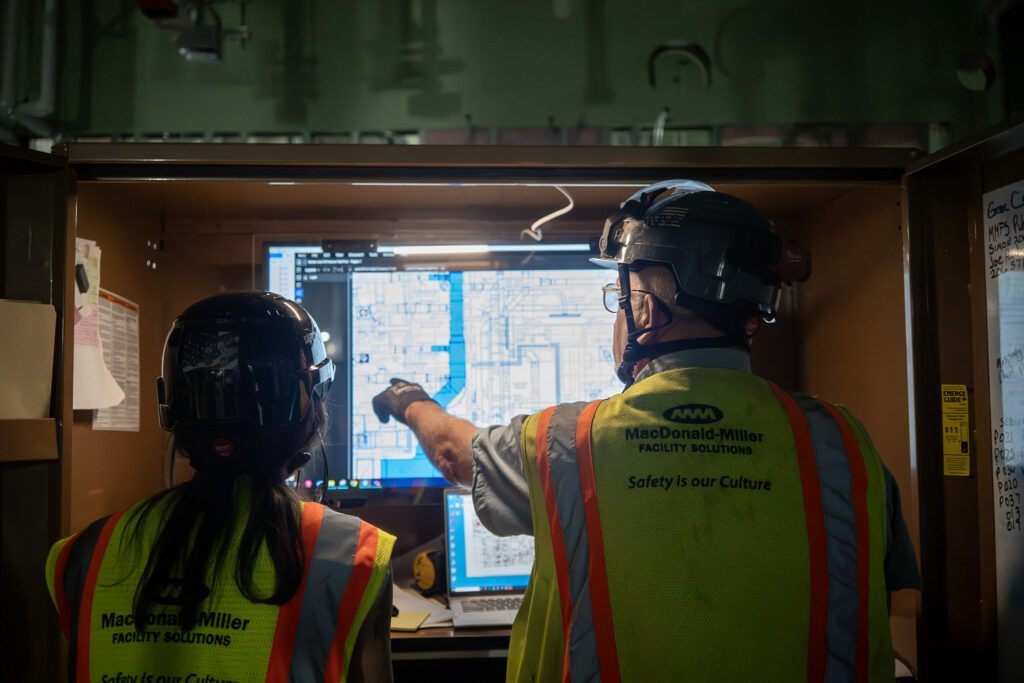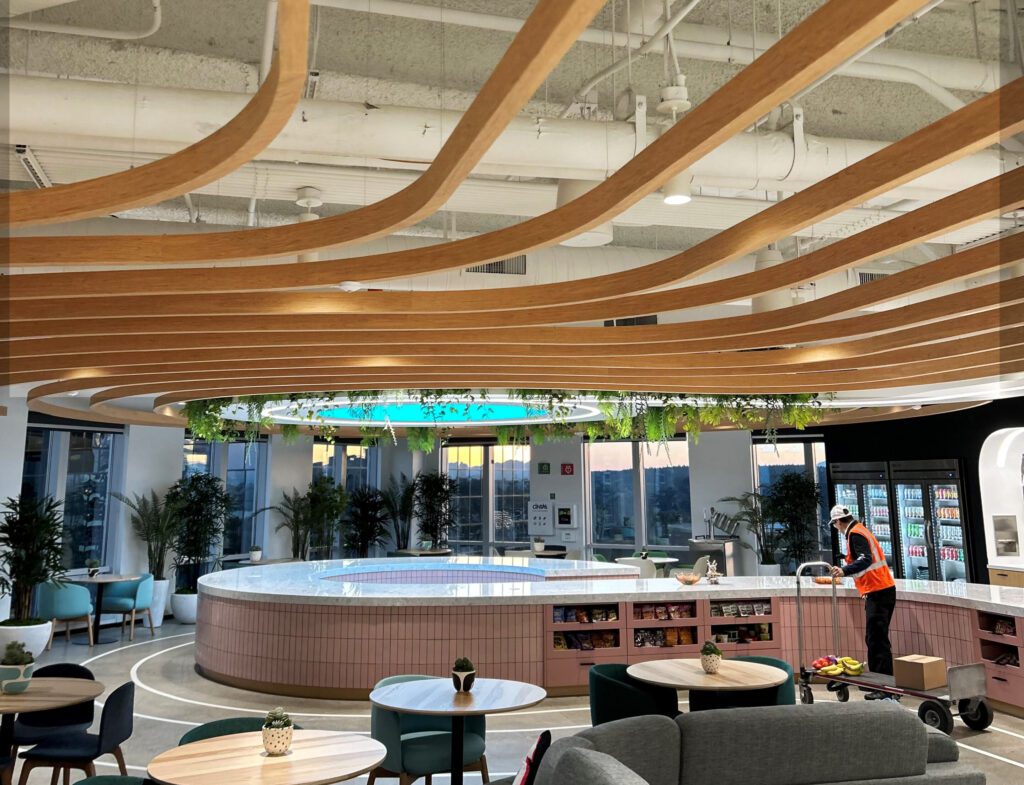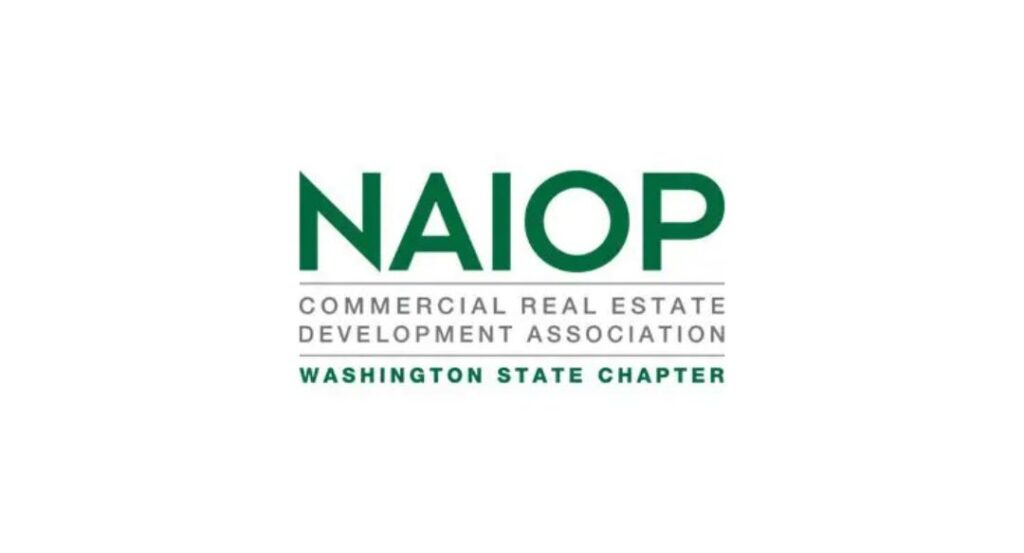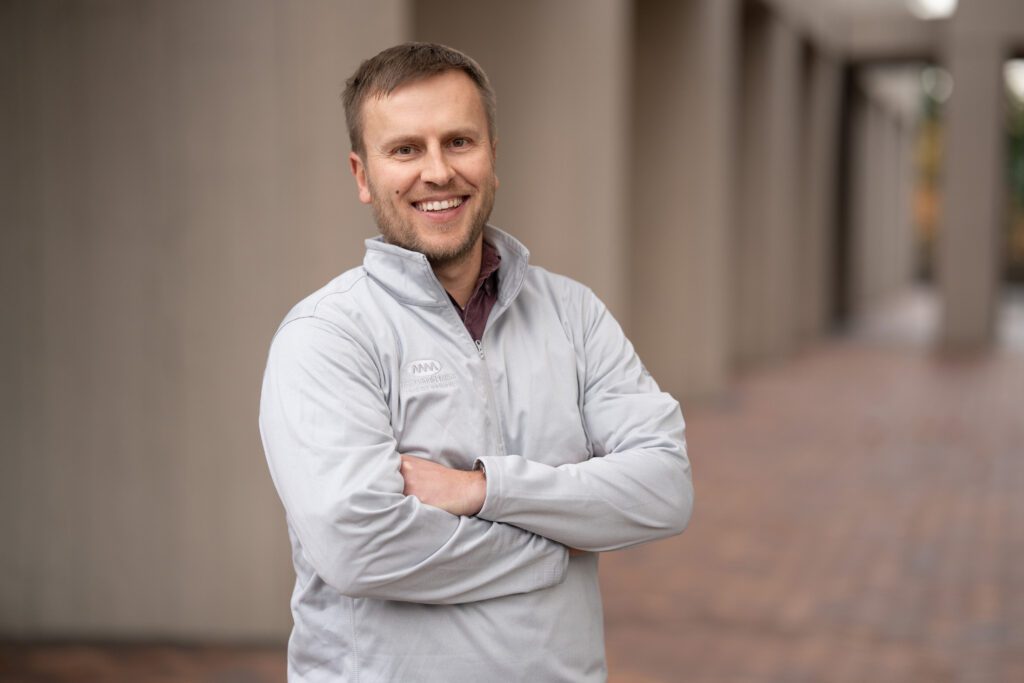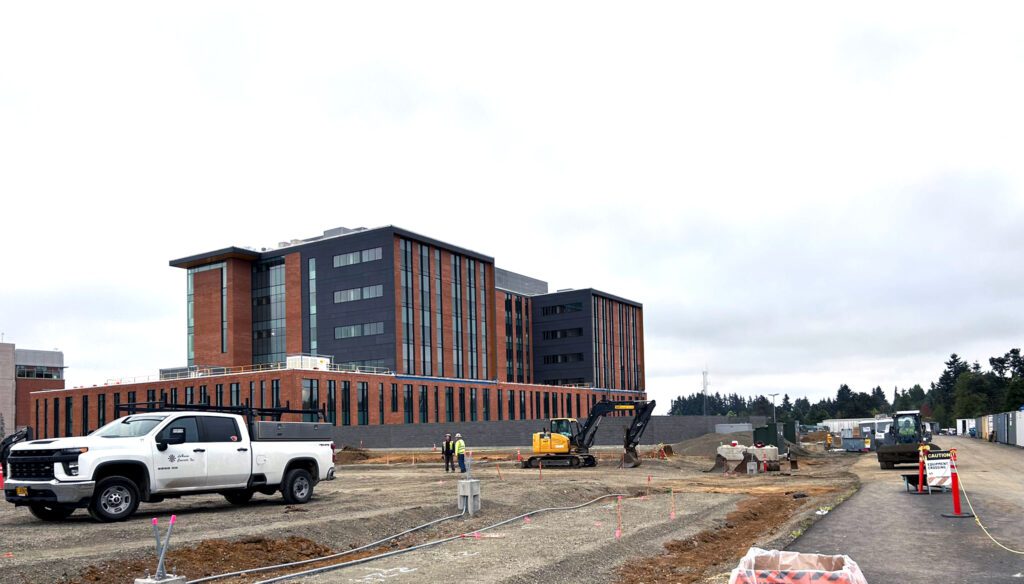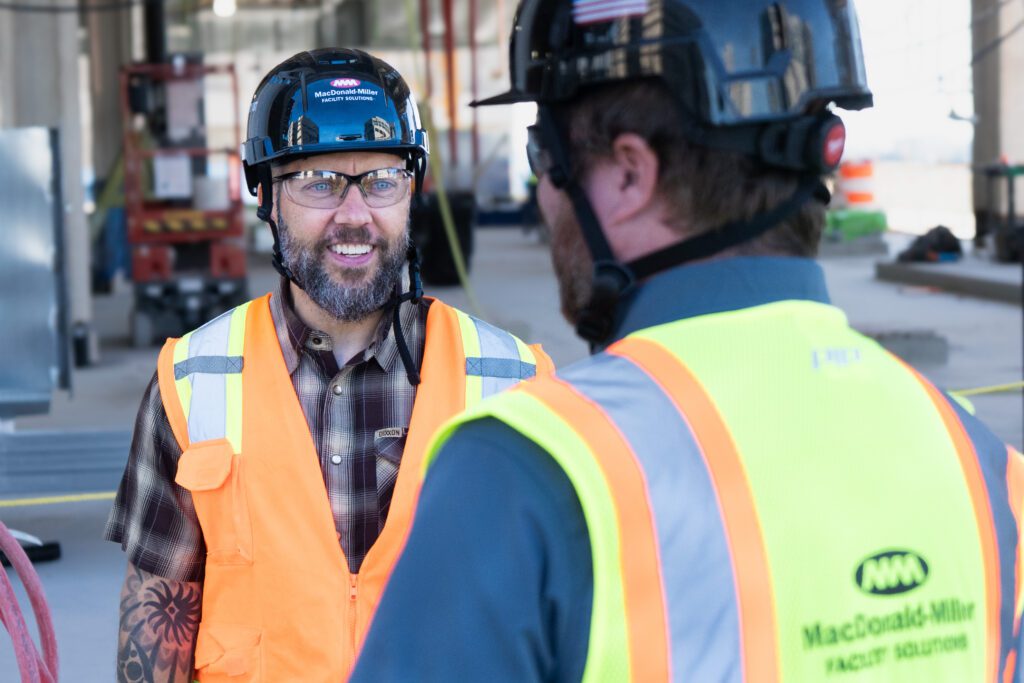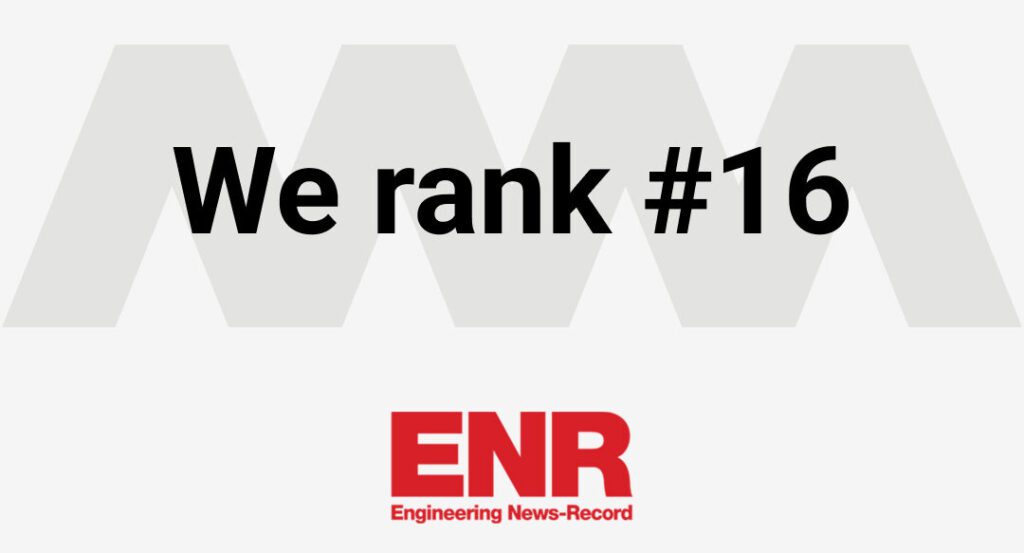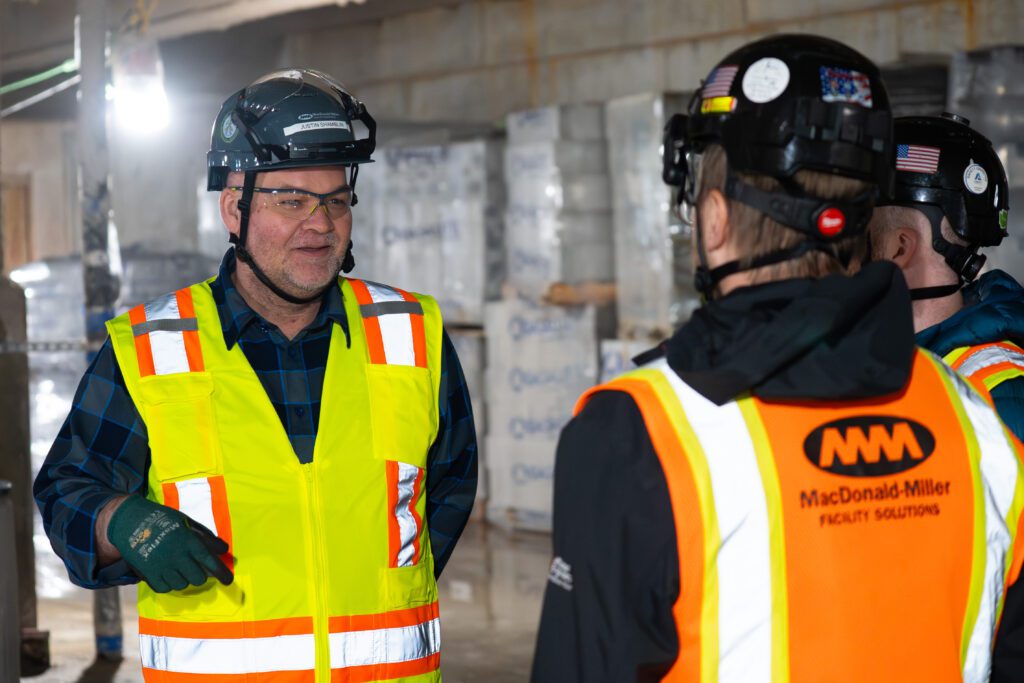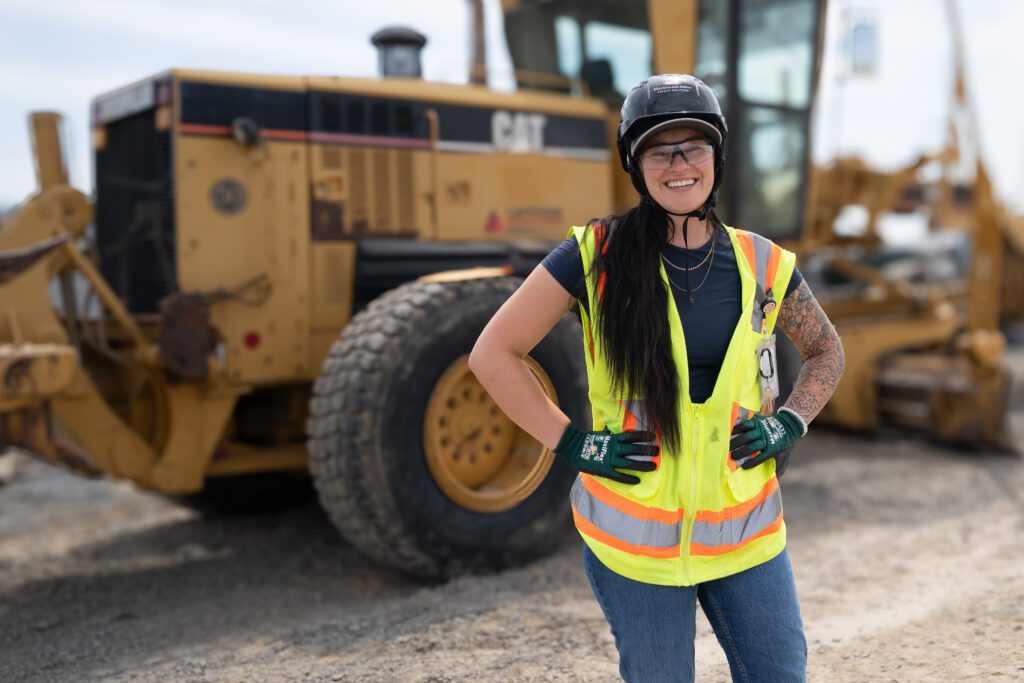We recently walked the Providence-Swedish First Hill campus and their new North Tower with Breanna Langston, Senior Project Executive in healthcare at MacDonald-Miller and WSSHE Business Partner of the Year Award winner. With a decade of industry expertise and a deep understanding of the complexities inherent in healthcare facilities, Breanna shares her unique perspective on mechanical contracting in healthcare.
MacMiller People & Culture
The People Behind the Projects: Breanna Langston

Q&A: Breanna Langston

Q: How is mechanical work in healthcare different from other sectors?
There’s an immersion element here – call it healthcare fluency. Planning, communication, and safety are always at the top of my list. And while that may sound straightforward, it rarely is. In just 10 minutes, my team and I might have five different conversations—one with a charge nurse, one with EVS, one with infection prevention, one with facilities, and one with a construction manager. At every step, our communication needs to be clear and consistent, even though each stakeholder—while ultimately patient and safety-focused—comes with a perspective unique to their role.
Q: What are examples of complex projects you’ve worked on requiring critical conversations?
I’ve worked on a variety of jobs throughout my tenure, and what I love about the industry is that every project, regardless of size, can have a big impact.
A notable project was a 14-floor tower domestic cold water riser replacement at Harborview, which demanded intense coordination, phased shutdowns, and constant communication to ensure operational continuity for patients and staff.
One area where we really witnessed the importance of local healthcare was throughout the Covid pandemic. We assisted local facilities in changing standard patient rooms into negatively pressurized, temporary Covid wards where the sickest individuals in society were able to receive life preserving treatment.
Q: What does a healthcare customer expect from a mechanical contractor?
Healthcare customers expect a mechanical contractor who acts like a partner – treating the facility and environment as their own while remembering they are a guest in the space. They value consistent communication, a deep respect for safety, and a contractor that is solution based while centered around protecting the environment of care.
Q: What creates that level of understanding and awareness?
It comes from coupling extensive experience working in acute care environments with formalized training for our field, office staff, and engineering teams. At MacDonald-Miller, healthcare-specific certifications, documentation practices, and code fluency give our people the tools to treat each facility as their own. That combination sets our entire team up for success and ensures patient safety remains at the center of everything we do.
Q: How important is understanding code compliance?
It’s absolutely critical. Healthcare spaces are some of the most regulated environments, and our teams pair hands-on experience – like damper testing, airflow surveys, balancing, and med gas certifications – with deep knowledge of ASHRAE 170, NFPA 99, and CMMS requirements. An operating room, for example, needs to function with a minimum of 20 air changes per hour and proper pressurization. In addition to the training provided to sales and PMs, we have a dedicated healthcare design team in house. This team provides extensive resources for quick support and answers to questions that arise. Our collective team, with their real-world Healthcare Construction experience, allows us to fluidly provide support to customers when they need it.
Q: You’ve worked in every hospital on First Hill. How does that experience translate into success with “make-ready” projects at North Tower?
Constructability is important on every project but particularly in healthcare due to the increased complexity and sheer number of systems in a medical space. MacMiller’s expertise in constructability is a direct outcome of our team of integrated experts.
Our cutline and make-ready work is essentially the process of identifying all major utilities that supply a hospital campus from a future demolition zone and understanding how systems are interconnected within the remaining facility. The crucial task is to reroute these utilities around the demo zone to ensure all essential services to the hospital are maintained.
This is incredibly important in healthcare because in most cases, the facility must remain operational for patient care. Hospitals are often built in iterations, and depending on the location of the demo zone, we need to creatively and collaboratively figure out how to keep everything running. Beyond utilities, ‘enabling work’ also involves relocating departments if they’re in a demo zone, which requires healthcare knowledge and extensive coordination.
Q: What makes MacDonald-Miller unique as a trusted partner in healthcare?
To me, being a trusted partner is more than just executing a project. It’s understanding our clients’ needs and constraints and helping to shape solutions that make their buildings work better. Our First Hill branch office allows us to provide both immediate support and long-term value. Key teammates can be onsite within minutes of a call.
Above everything, being a trusted partner means our relationships are incredibly strong and we always go a little further on behalf of the customer. We meet with facilities teams at our hospitals weekly or bi-weekly, consistently engaging with them on-site, walking projects, and staying deeply involved at all project phases.
Ultimately, our partnership stands out by breaking down complex projects into manageable parts, communicating constantly, and consistently delivering on our promises. We have a keen sense of the ‘big picture’—understanding how our work impacts the entire occupied facility and all stakeholders.
